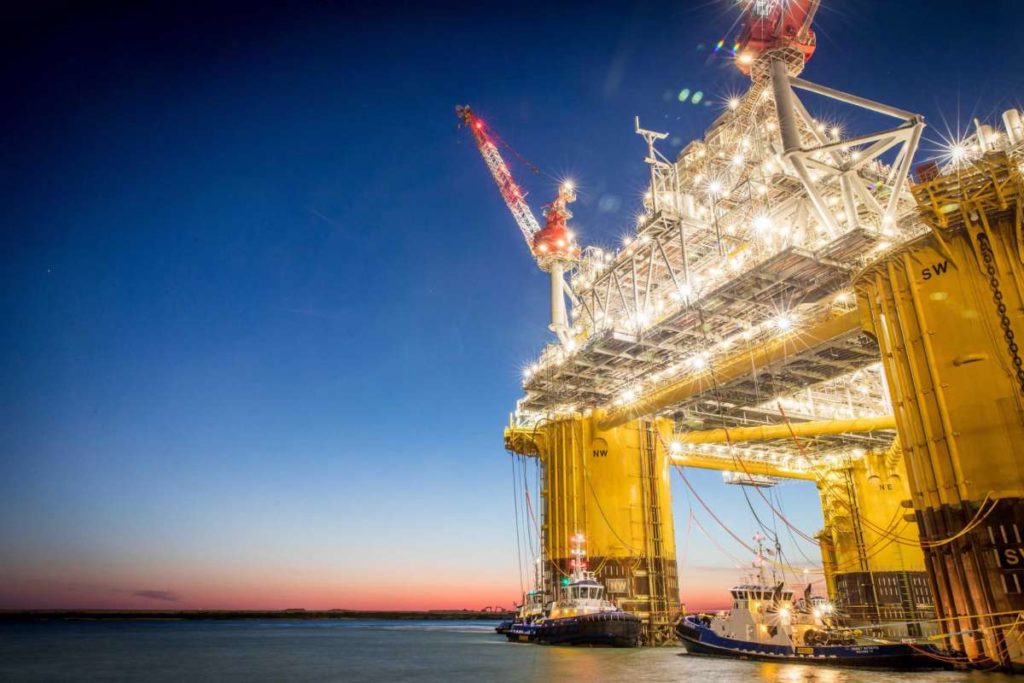
When the pandemic is all over will society go back to driving cars and hopping on planes with nary a worry as it did just two short months ago?
Or is the world more permanently changed, with the commute to work a thing of the past, public events radically scaled back and the confined spaces of plane and train travel avoided.
Shell CEO Ben Van Beurden definitely appears in the latter camp, speculating to analysts last week that the pandemic could dramatically alter the energy sector, making it more likely that global oil demand would, in fact, peak this decade.
“Will demand ever go back to where it was? That is hard to say,” he said. “We live in a crisis of uncertainty at the moment. We don’t know what is on the other side.”
Long before the coronavirus came into our lives, the energy sector was already changing, with nations worldwide moving away from fossil fuels to reduce the effects of climate change.
A case in point is the United Arab Emirates, the world’s seventh largest crude producer last year, which has undertaken to radically shift its power system to renewables. The UAE already has 7 gigawatts of solar farms and is nearing the end of construction on a 5.6 gigawatt nuclear power plant – the first on the Arab peninsula – which will provide a quarter of the nation’s energy supply.
Now, with the coronavirus keeping people at home, energy consumption in the UAE also is shifting, said Mohamed Al Hammadi, CEO of the Emirates Nuclear Energy Corp.
“We’ve seen an uptick in electricity usage. When people stay at home there is more consumption per capita,” he said at an event hosted by the Atlantic Council, a Washington think tank, on Wednesday. “I have six children, each one has one or two gadgets. My router is always overheating.”
Energy executives will have the job of figuring out whether these changes are permanent. For now, plenty to them expect business to return normal once the coronavirus is under control.
One is Exxon Mobil CEO Darren Woods, who despite reporting the first quarterly loss since the company was formed in 1999 by the merger of Exxon and Mobil,told analysts, “The long-term fundamentals that drive our business have not changed.”
His calculation is that the world’s population will continue to grow, driving up oil demand through 2040, as more people enter the middle class and start driving cars and traveling on planes.
New normal?
However, were more people to work from home permanently and enjoy more entertainment there, that would put a serious question mark on Exxon’s forecast.
And within one of the oil industry’s largest clients, the airline industry, there is pronounced skepticism that business will ever be the same.
“I’m not sure you are going to see travel at scale the way we have come to know in our industry,” Delta Airlines CEO Ed Bastian told Fortune magazine.
This article first appeared on the Houston Chronicle – an Energy Voice content partner. For more from the Houston Chronicle click here.